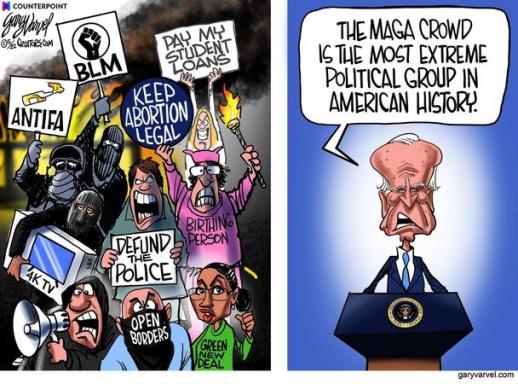Payola, anyone?
Rand Paul Demands Answers About Federal Employees Getting Payments From Drug Companies They're Supposed to Oversee
How many government employees tasked with overseeing drug companies are also receiving money from them? And are federal agencies properly disclosing these payments when they do occur?
Senator Rand Paul is demanding answers to these very fair questions.
What's This All About?
At issue here is the flow of money between the National Institutes of Health (NIH) and the companies and groups it works with.
"Last year, the National Institutes of Health–Anthony Fauci's employer–doled out $30 billion in government grants to roughly 56,000 recipients," Adam Andrzejewski of OpenTheBooks explains. "That largess of taxpayer money buys a lot of favor and clout within the scientific, research, and healthcare industries. However… hundreds of millions of dollars in payments also flow the other way. These are royalty payments from third-party payers (think pharmaceutical companies) back to the NIH and individual NIH scientists."
According to OpenTheBooks, at least $350 million in royalties flowed back to the NIH and specific NIH scientists from 2010 to 2020. For example, Andrzejewski's investigation revealed that Sad Little Man, Dr. Fauci has received at least 23 royalty payments, while former NIH Director Francis Collins received at least 14.
But there's still a lot we don't know, like how much these payments were for and what companies or organizations paid them out. The NIH has fought like hell to resist fully disclosing most of this information, Andrzejewski says, and much of what they have released is heavily redacted.
That's where Senator Paul and his Republican colleagues come in.
Demanding Full Transparency
Senator Paul, Senator Rick Scott of Florida, Senator Ron Johnson of Wisconsin, Senator Josh Hawley of Missouri, and Senator James Lankford of Pennsylvania all serve on the Senate Committee on Homeland Security and Governmental Affairs. They just sent a letter to Acting NIH Director Lawrence Tabak demanding more transparency and information on these royalty payments.
The letter was exclusively provided to BASEDPolitics ahead of its public release.
"In 2005, the NIH implemented a policy requiring its employees to disclose royalty payments on the consent forms for clinical trial participants; however, the agency has taken no action to disclose such payments to the public at large," the senators wrote.
"Nevertheless, we believe that the American taxpayer deserves to know the degree to which government doctors and researchers have a financial interest in drugs and products they support, and whether any relationship exists between federal grants awarded by NIH and royalty payments received by NIH personnel," they continue.
"Additionally, Americans deserve greater transparency in how the hundreds of millions in royalty payments NIH receives are distributed, and the degree to which NIH's leadership—already among the highest-paid individuals in the federal bureaucracy—has benefited from this "hidden" revenue stream," the letter concludes.
The senators requested detailed information from NIH regarding royalty payments received by federal employees and departments from January 1, 2009 through December 31, 2021.
They also asked NIH to transparently explain whether its employees have followed federal laws that prohibit federal employees from participating in activities where they have a financial interest unless they received a written waiver or qualify for a regulatory exemption.
The GOP lawmakers have given NIH a deadline of June 17 to comply with their request, as the agency is bound under federal law to do, and provide the requested information.
Why Does This Matter?
At first glance, this issue might seem niche and bureaucratic. But it actually gets to the heart of why Washington, DC is such a swamp, and why big government so often fails to serve the interests of the American people: financial entanglement between government actors and special interests.
Like many federal agencies, Andrzejewski explains, "NIH is a revolving door of tens of billions of dollars in government grant-making coupled with hundreds of millions of dollars in private—non-transparent—royalty payments. There needs to be a lot more sunshine on this potentially unholy alliance."
"When a federal bureaucrat pops up on television giving us health instructions, who has paid them and for what research and technology?" he asks. "When a patient agrees to a clinical trial or experimental treatment, what financial interests are involved?"
American taxpayers deserve answers to all of these questions. The government works for us, not the other way around, and it needs to be completely transparent and accountable to the public for how it uses our money and how its decisions are being made.
Kudos to Senator Paul and his GOP colleagues for making this accountability a priority.











